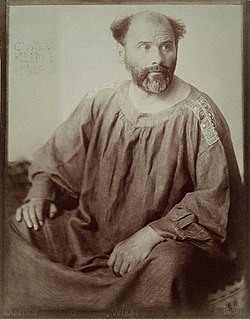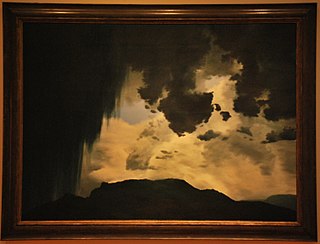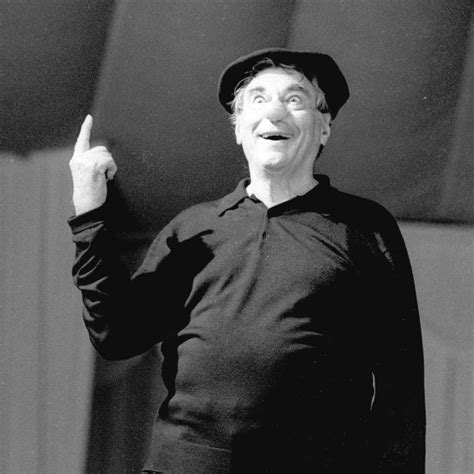A Quote by Henri de Toulouse-Lautrec
When a figure painter executes a landscape he treats it as if it were a face; Degas' landscapes are unparalleled because they are visionary landscapes.
Related Quotes
I've dreamed landscapes for years, and my dreams play an enormous role in my work. In fact, when I first started doing landscapes I felt insecure about painting in this style, and the dreams were like positive omens for me, and I've done a few paintings that were exact replicas of images that came to me in dreams.
I love a chance to shoot real locations, because in films in the earlier days before people traveled as much, it was exotic to see a film set in Switzerland, and that area has been taken over by CGI, mostly, and fantasy landscapes. It's unusual to see this much landscape, people say it's old fashioned. So what you're referring to is there was that period in the '50s and '60s when there were epics and you saw landscape.
It reflects no great honor on a painter to be able to execute only one thing well -- such as a head, an academy figure, or draperies, animals, landscapes, or the like -- in other words, confining himself to some particular object of study. This is so because there is scarcely a person so devoid of genius as to fail of success if he applies himself earnestly to one branch of study and practices it continually.
Many painters had a clear idea of what fractals are. Take a French classic painter named Poussin. Now, he painted beautiful landscapes, completely artificial ones, imaginary landscapes. And how did he choose them? Well, he had the balance of trees, of lawns, of houses in the distance. He had a balance of small objects, big objects, big trees in front and his balance of objects at every scale is what gives to Poussin a special feeling.







































